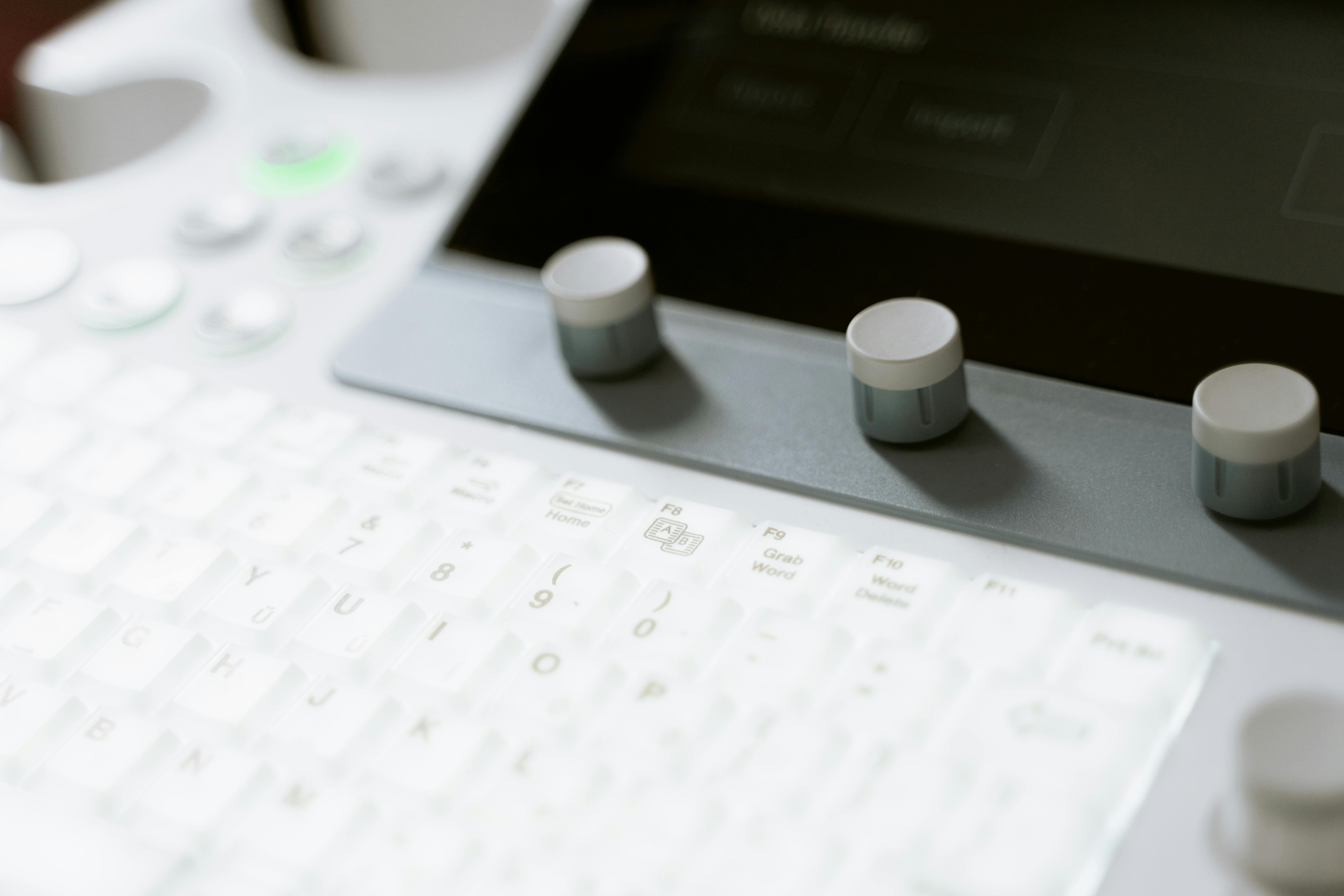Many pianists dream of developing ultra-fast finger movement. Learning to play the piano quickly is a skill that many should learn. It takes a lot of practice and hard work. As we learn to play the piano, we will notice that not all of our fingers are as agile as others.
For me personally, I find that my little finger and the one next to it are not as agile as the other three on both hands. I find that my thumb and index finger are the most agile of the five fingers on each hand. The middle finger is the next most agile finger. The most likely reason for this is that people tend to use their thumb and forefinger more in daily activities.
Unless you’re one of those people who likes to do everything with their last two fingers, you’re not going to be nimble in that area of the hand. Try this exercise yourself.
Exercise:
Run your fingers on a flat surface. Touch the surface with your little finger. Then touch the surface with your finger next to the little finger. Repeat the tapping of your little finger and the one next to it. Keep tapping as quickly as possible. Now, try doing the same exercise with your thumb and index finger. What did you find?
You will notice that your last two fingers are a bit uncoordinated. Try doing the same exercise in your non-preferred hand. You will notice that it is even more difficult to do. If you keep doing these finger tapping exercises every day, you will start to develop ultra-fast finger movement.
Learning to play the piano takes time and practice. Work on improving your finger speed by following the exercise I just mentioned.
With a lot of practice and hard work, the last two fingers of each hand can be trained to be as fast as the thumb and index finger. Your middle finger can also be trained to hit down faster. Remember that you must train both the right and the left hand. If you focus on one hand, your finger speed will become unbalanced. Both hands should be able to play the piano as fast as the other. Playing the piano quickly is similar to typing quickly. Through muscle memory, the fingers play faster and faster.
The muscles in our body are made up of fast-twitch and slow-twitch fibers. You can easily guess from the names that you would like to have more fast twitch fibers in your muscles so you can move your fingers faster. If a muscle is made up of faster-twitch than slow-twitch fibers, it will be able to move faster than one that is more balanced.
The development of fast-twitch fibers in our muscles is done by constantly training the muscles to move quickly. We need to keep moving our fingers quickly while we practice playing the piano faster.
Remember to use a metronome to make sure you are playing at the correct tempo. In most cases, when we play the piano pieces very quickly, our tempo shoots up a bit. A metronome can ensure that we are playing at the correct tempo.
You will need to stretch your fingers before and after piano practice. Stretch each of your fingers by interlocking and pushing them forward on both sides. Stretching helps keep your muscles loose and actually makes your fingers move faster.
In conclusion, this article has discussed how to learn to play the piano so that we can develop ultra-fast finger movement. It takes a lot of practice to develop the speed we need to play the piano quickly.
